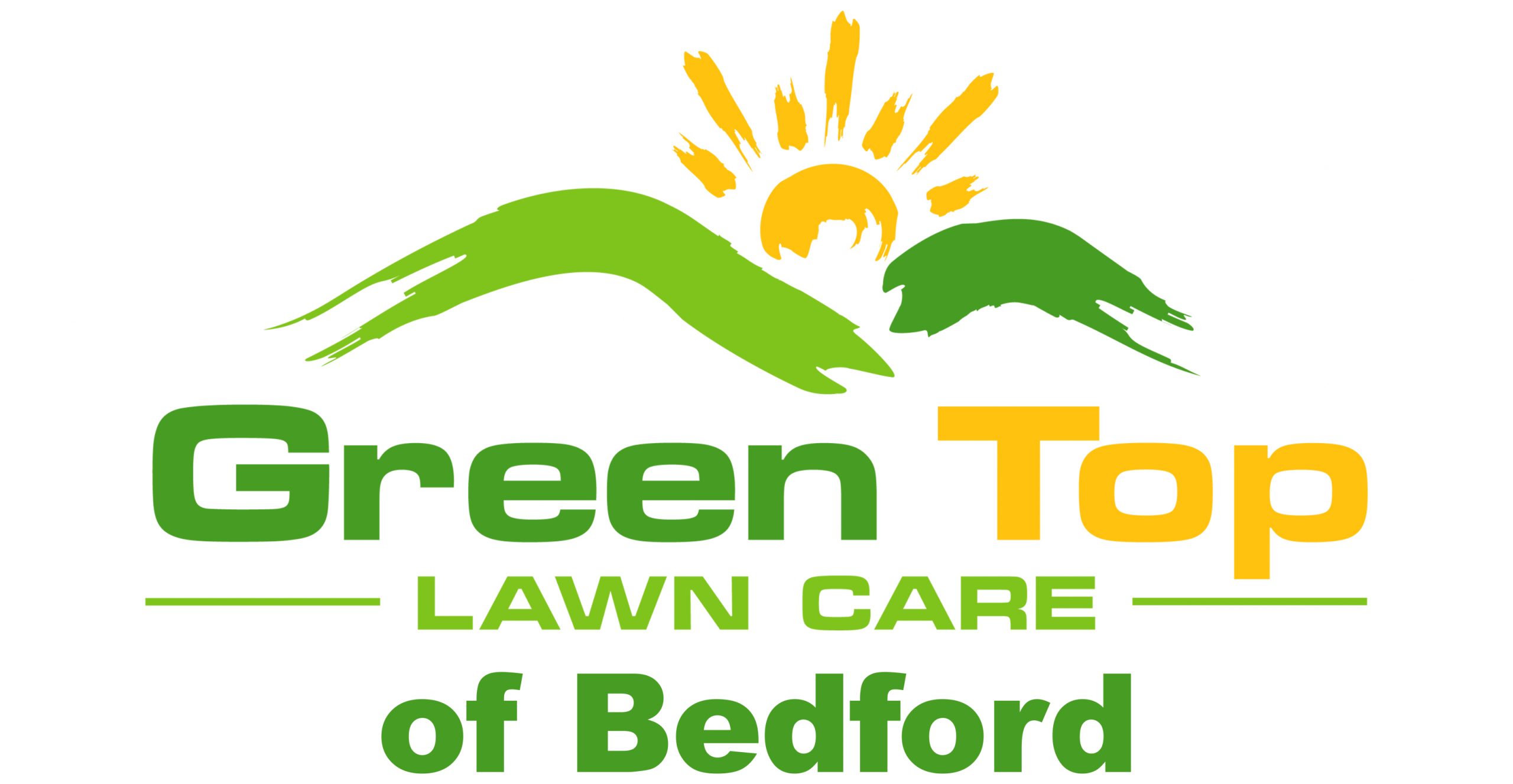Welcome to our Frequently Asked Questions (FAQs) page addressing Lawn Maintenance in Bedford, Texas. Regular lawn maintenance is the cornerstone of a thriving outdoor space and ensures its long-term beauty.
Bedford Lawn Maintenance FAQ
You may have several questions about maintaining your lawn’s health, the practices to implement, and how our professional services can support you. With this in mind, we’ve compiled various commonly asked questions about our lawn maintenance services. Our goal is to provide a thorough understanding, helping you navigate the path to consistent lawn care. Let’s delve in!
Q: What services are included in your lawn maintenance program?
A: While we do not provide mowing or trimming, our lawn maintenance program focuses on fertilization, weed control, disease management, insect control, aeration, and shrub treatment to ensure a healthy lawn.
Q: How often should I mow my lawn?
A: The ideal mowing frequency can vary based on grass type and season. However, as a general rule, never cut more than one-third of the grass blade at once to maintain a healthy lawn.
Q: Why is proper mowing important for lawn health?
A: Proper mowing helps to maintain a thick and lush lawn, discouraging weed growth and promoting overall lawn health.
Q: How can I keep my lawn looking green and lush?
A: In addition to our lawn maintenance services, regular watering, proper mowing, and regular cleanup of fallen leaves and debris can keep your lawn green and healthy.
Q: What are some common signs of lawn disease?
A: Common signs of lawn disease include brown patches, circular rings, thinning grass, or unusual spots or patterns on the grass.
Q: Why is regular lawn maintenance important?
A: Regular lawn maintenance helps to keep your lawn in top condition, promotes healthy growth, reduces the likelihood of disease, and improves the overall look and value of your property.
Q: How can I prevent weeds in my lawn?
A: Regular lawn maintenance services including proper mowing, watering, fertilization, and weed control treatments can help prevent weed growth.
Q: Why are my grass blades turning yellow?
A: Yellow grass can be a sign of several issues, including disease, pests, or a lack of nutrients. Our team can diagnose and treat these issues.
Q: How often should my lawn be watered?
A: The amount of watering needed can depend on the grass type and weather. However, a good rule of thumb is to water deeply and infrequently.
Q: Why is my lawn patchy and thin?
A: Patchy and thin lawns can be a result of many factors including disease, pest damage, poor soil quality, inadequate watering, or improper mowing.
Q: What can I do to improve my lawn’s soil quality?
A: Regular aeration and the application of appropriate fertilizers can greatly improve soil quality, leading to a healthier lawn.
Q: Can overwatering damage my lawn?
A: Yes, overwatering can lead to shallow root growth, making your lawn more susceptible to disease and pests.
Q: How does fertilization contribute to lawn health?
A: Fertilization provides essential nutrients that your lawn may not be getting from the soil, promoting stronger and healthier growth.
Q: Can you help with lawn damage from pets?
A: While we don’t offer specific services for pet damage, maintaining a healthy lawn through our services can help it recover faster from such damage.
Q: Why is my lawn not as green as my neighbors’?
A: Lawn color can be influenced by many factors including grass type, soil quality, watering habits, and lawn maintenance practices.
Q: How can I prevent lawn damage in the winter?
A: Proper lawn care practices throughout the year, such as aeration, fertilization, and disease management, can help prepare your lawn for the winter months.
Q: What can I do about moles or other burrowing pests?
A: While we do not specifically treat for moles, maintaining a healthy lawn can discourage these pests. For severe infestations, you may need to seek specialized pest control.
Q: Can my lawn recover from disease or pest damage?
A: Yes, with appropriate treatment and ongoing care, most lawns can recover from disease or pest damage.
Q: What type of fertilizer should I use on my lawn?
A: The type of fertilizer needed can vary based on your lawn’s specific needs. We provide a customized fertilization plan as part of our services.
Q: How can I improve the health of my lawn during the hot summer months?
A: Regular watering, proper mowing, and our specialized lawn maintenance services can help your lawn stay healthy during the hot summer months.
Q: Do you offer any environmentally friendly lawn care services?
A: While we don’t provide organic fertilizers, our comprehensive lawn care program aims to minimize environmental impact by treating only when necessary and using products responsibly.
Choose Bedford Lawn Care Pros for Your Lawn Maintenance Needs
For professional lawn maintenance services in Bedford, TX, contact Bedford Lawn Care Pros at 817-835-6335 or request a free lawn maintenance quote.
Access Our Other Lawn Care Frequently Asked Questions

Recent Comments